What You Need to Know About Truck Sizes and Picking the Right One
- Julius Caturas
- Feb 18, 2025
- 3 min read

Choosing the right truck (or even an SUV or passenger van) isn't just about the size - it's about getting the perfect fit for your job. Whether you're hauling heavy materials, towing equipment, or just shuffling your crew across a job site, picking the right vehicle can save you time, money, and frustration.
Not sure where to start? Let's break it all down.
Key Factors in Choosing the Right Vehicle
When picking a work vehicle, payload and towing capacity should be top of mind. If you're hauling heavy equipment or towing trailers, a truck with a higher weight rating is a must. Overloading a smaller truck can lead to safety risks and costly repairs.
Fuel efficiency also matters. A powerful truck gets the job done, but do you really need that extra fuel expense? If you're covering long distances, balancing power and MPG will save you money.
Think about where you’ll be driving. If your job takes you off-road, through mud, or rough terrain, a 4x4 truck or SUV is the way to go. But if most of your driving is on pavement, a 4x2 will do the trick while saving fuel.
Are you moving people or just cargo? If your team needs a ride, a crew cab truck, SUV, or passenger van may be better than a regular pickup. And don’t forget customization options—toolboxes, ladder racks, and utility beds can make a big difference in getting the job done efficiently.
Understanding Truck Sizes and Classifications
Trucks come in different weight classes, and knowing which one works best for your needs makes all the difference.
Light-Duty Trucks (½ Ton) - The Best for Every Day Use

Best for: Light hauling, personal and business use.
Examples: Ford F-150, Chevrolet Silverado 1500, Ram 1500.
Why Choose Light-Duty Trucks?: If you need a truck for work but still want something that's easy to drive daily, this is your go-to. It offers seating for your team while keeping hauling options open.
Medium-Duty Trucks (¾ Ton- 1 Ton) - A Workhorse

Best for: Hauling Heavy tools, towing trailers, and handling tougher jobs.
Examples: Ford F-250/F-350, Ram 2500/3500, Chevrolet Silverado 2500HD/3500HD
Why Choose Medium-Duty Trucks?: These trucks have more power, better towing capacity, and stronger suspension. If you're constantly pulling equipment or carrying serious weight, this is a solid choice.
Heavy-Duty Trucks (1½ Ton and Up) - The Industrial Power House

Best for: Construction, industrial work, and extreme towing
Examples: Ford F-450/F-550, Ram 4500/5500, Chevrolet Silverado 4500HD/5500HD
Why Choose Heavy-Duty Trucks?: If you're need of a truck built for extreme loads and you require the maximum hauling capacity, then heavy-trucks are for you.
Additional Fleet Options: Transporting Your Crew
If you need to move people, not just materials and equipment, then consider SUVs or vans as an option:
Best SUVs for Job Sites
Full-Size SUVs (Ford Expedition, Chevrolet Suburban) - Roomy and off-road capable.
Mid-Size SUVs (Toyota 4Runner, Jeep Grand Cherokee) - Great for Supervisors needing mobility and storage.
Best Passenger Vans for Job Sites
Full-Size SUVs (Ford Transit) - Ideal for larger crews.
Mid-Size SUVs (Ram ProMaster Crew Van) - A hybrid option for both seating and cargo.
Best Vehicles by Industry
Different jobs call for different vehicles.
Construction → 1-ton+ trucks for hauling materials, SUVs/vans for transporting workers.
Farming & Agriculture → ¾-ton+ trucks for towing, SUVs for farm supervisors.
Logistics & Transport → 2-ton+ trucks for heavy loads and deliveries.
Service & Utility Work → 1-ton deck trucks for tools and specialized gear.
Oil & Gas → Heavy-duty trucks for rugged sites, SUVs for site managers.
At the end of the day, your truck, SUV, or van isn’t just a vehicle - it’s a tool that keeps your business running smoothly. Choosing the right one means less stress, fewer breakdowns, and more efficiency on the job. Whatever you pick, make sure it works for you, not against you. The right choice will save you money, time, and hassle - and that's something every job can benefit from.
